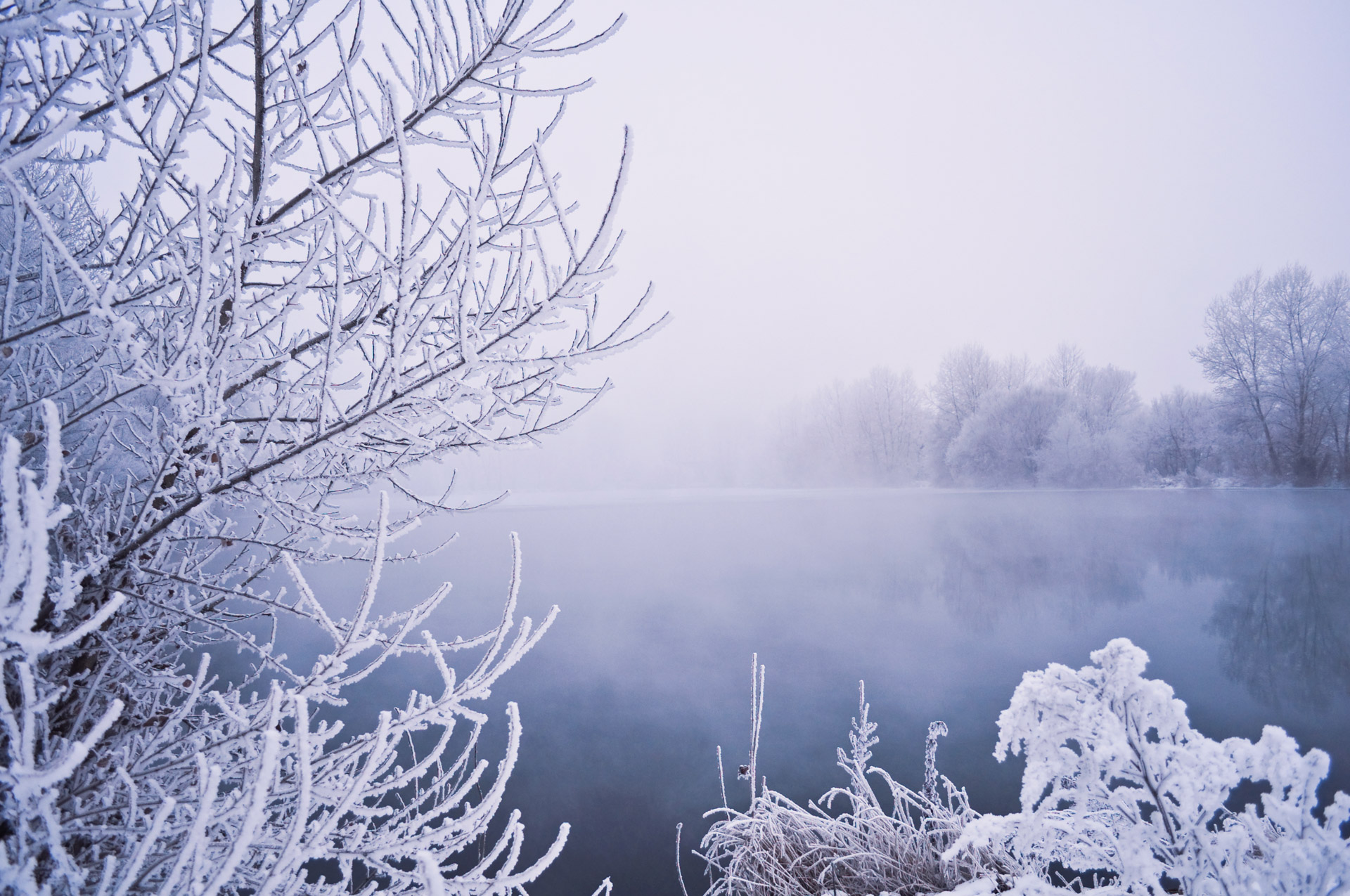All the good bits of winter seem to wilt away with the Christmas tree. As the New Year springs up, the cold drags on. Festive images of snuggling up by the fire with a good book give way to the inevitability of frantically reading Paradise Lost with a dose of self-loathing and two days to spare before term starts. As Shakespeare might describe it, there’s a feeling of “sap cheque’d with frost and lusty leaves quite gone, beauty o’ersnow’d and bareness everywhere.”
Sonnet 5 continues a motif as old as literature itself: winter wrapping itself around words, denoting sadness, loss, stasis, broken and abandoned ideas. But it is one that has been returned to again and again through the ages, from the fragile eeriness of the ancient poem ‘The Wanderer’ to the cruelty of perhaps the most famous of literary winters, in The Lion, the Witch and the Wardrobe. Narnia is a land at the mercy of winter, a beauty o’ersnowed, whose true character is a flourishing summer. The two seasons’ typical symbolisms are set up as the most obvious of polar (sorry) opposites.
Yet as with many fictional explorations of grief, loss, or sadness, metaphors like that of the winter weather become cathartic too. Take Christina Rossetti, whose poems convey bleak emotion through the metaphor of winter primarily as an emotional state. In ‘Winter: My Secret’, the speaker justifies her self-isolation: “I wear my mask for warmth: who ever shows/ his nose to Russian snows/ to be pecked at by every wind that blows?” The motif may be familiar, but it is used playfully and personally, focusing on a lonely individual voice that matches the loneliness of the season.
Yet some of the best uses of winter in literature change up the familiar metaphor of hostility. In Haruki Murakami’s haunting short story ‘The Ice Man’, a nameless speaker falls in love with an Ice Man, describing how “we tried and failed to have a baby, perhaps because of a genetic difference between humans and Ice Men that made having children difficult”. The story fuses an eerie impression of a literally frozen,supernatural man with his wife’s struggle to compute his coldness, inverting and distort- ing a simple metaphor of emotional stasis. Murakami radicalises common tropes, and the result succeeds in being both introspective and powerfully evocative.
Profound bleakness is replaced with humour in The Lonely Londoners by Sam Selvon, which treats winter as a wholly practical issue. The novel opens on a “grim winter evening” in Lon- don, as Henry, an immigrant from Trinidad in the 1950s, first disembarks. He is met by Moses, a “veteran, who living in this country for a long time never thought the day would come when a fellar would land up from the sunny tropics on a powerful winter evening wearing a tropical suit.” Their contrast in perspectives on the cold weather hilariously sets the scene for Moses’ cherished role as helpful advisor and friend, as Henry navigates both the weather and the city. This brilliant novel ripples with a seasonal rhythm as the characters go about their daily lives, settling into London life in their own way.
For those feeling despondent about the end of the Christmas holidays, take heart. At the same time as tracking the world coming to a halt, writing winter seems to be an immensely dynamic and original process. The winter outside your Oxford window might lack the nostalgia of the one you left behind at home, but who knows, it could prove inspirational.



